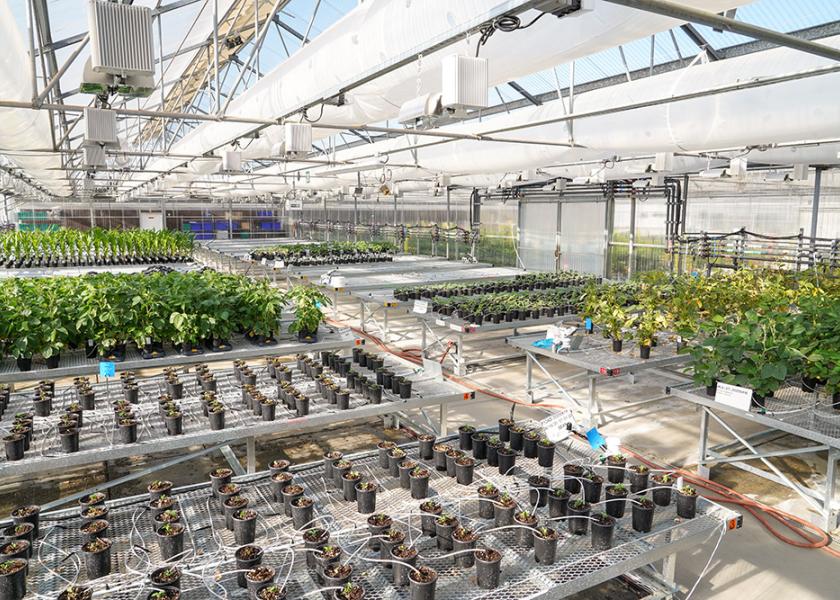Joyn Bio Eyes Nitrogen Fixation Product To Be a ‘Must Have’ For Farmers

Joyn Bio is nearing its four-year anniversary for forming as a company aiming to engineer microbes for a new level of performance in agriculture. As CEO Michael Miille explains, Joyn Bio is one of Bayer’s ‘moonshot’ projects looking for transformative technologies.
“We started with a program around nitrogen fixation and it captured people’s imagination of how engineering microbes could work where chemicals or traits couldn’t deliver,” he says.
Joyn Bio is a joint venture between Ginkgo Bioworks and Leaps by Bayer and today has about 75 employees in California and Boston.
“What’s added momentum to our work in the past two to three years has been the increased importance of sustainability. Ag is one of the most critical levers to address climate issues and address sustainability. You have an entire industry in need of innovation and new solutions. We’re on the cutting edge of trying to bring microbes into these solutions.”
Miille says Joyn Bio is keenly focused on delivering products in the future that can help farmers make money, address a pest or disease issue, optimize yields and improve the sustainability/climate performance.
“It’s early days for microbes to deliver on these promises, but we have set a product specification that we want to replace 40 to 50% of the nitrogen inputs,” he says. “We talked to hundreds of growers. With nitrogen fixation, once you get above 30% of nitrogen replacement and they can cut that much of their applied nitrogen, they get very excited. And we see 50% nitrogen replacement as a ‘must-have’ product for farmers.”
The company is in its first year of field trials with three early product concepts, one of which is nitrogen fixation. The other two address disease and other pests.
“We are still one to two years away from having a locked down formulation ready for registration, but for us to be out there and conducting field trials looking at the early results of the prototype products—it’s exciting,” he says.
Miille says the company’s synthetic biology will continue to march toward commercialization in their model of design, build, test—and then go back in the circle of iteration.
“One reason why there’s never been a blockbuster microbial product is there’s never been one that has the performance the chemicals do,” Miille says. “And one reason why that’s the case is we’ve really never invested in optimizing the microbe for the purpose of addressing a specific disease, for example. The technologies to make this possible are here today. And we will work at marrying all the necessary pieces together,” he says.
Two core deliverables with microbials relate to consistency and cost.
“Growers value predictability over sheer numbers. But we know we have to deliver a product with reliable performance and at a cost that provides a good return,” he says. “The most important return on investment is through the eyes of the grower.”
Another important factor is the delivery.
“By far, the easiest and preferred one is a seed treatment because it requires zero change for the grower. So we need a microbe that is stable on the seed for two years,” he says.
Miille says the future is bright for microbials and demand is just starting to pick up momentum.
“Microbes have the potential to provide a higher level of performance and an alternative to chemicals and other synthetic products,” he says. “We couldn’t do the things we are doing today 10 years ago, and so much more is possible in the near-term future.”







